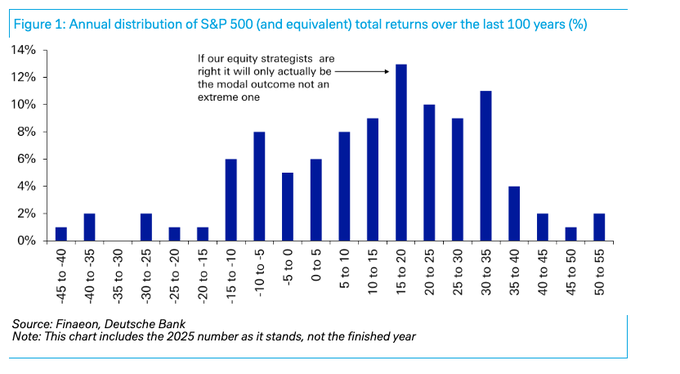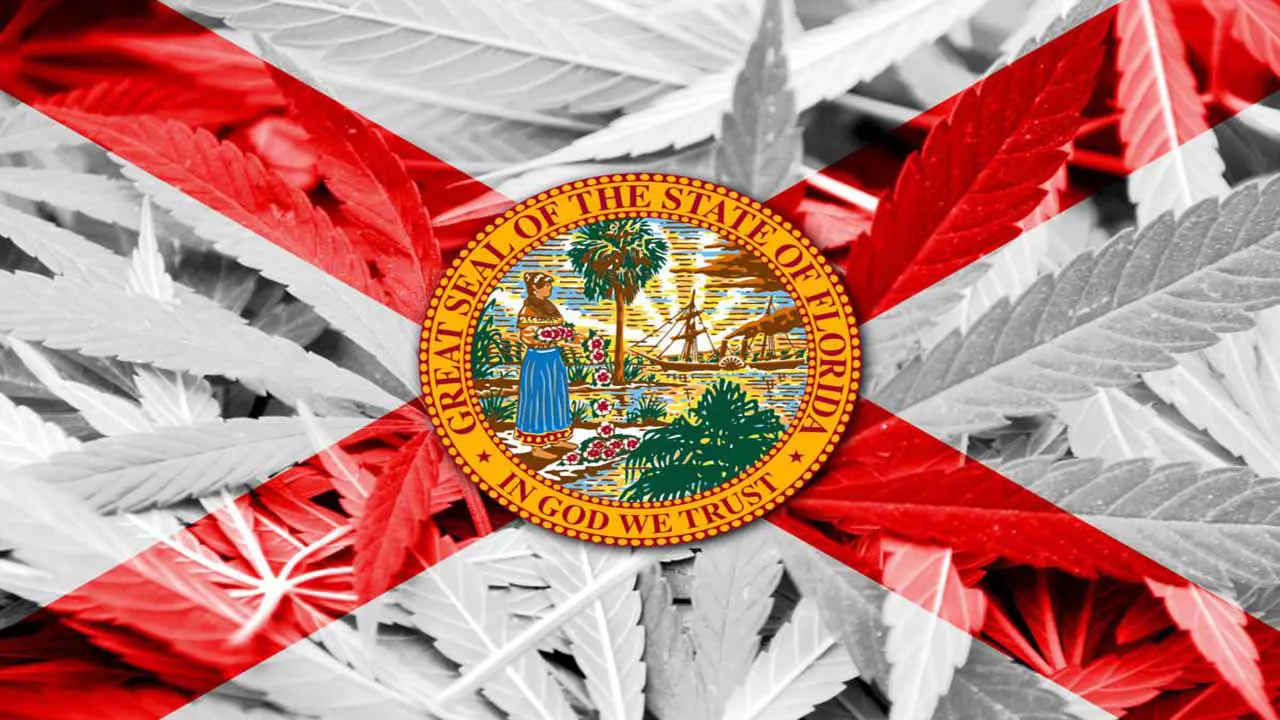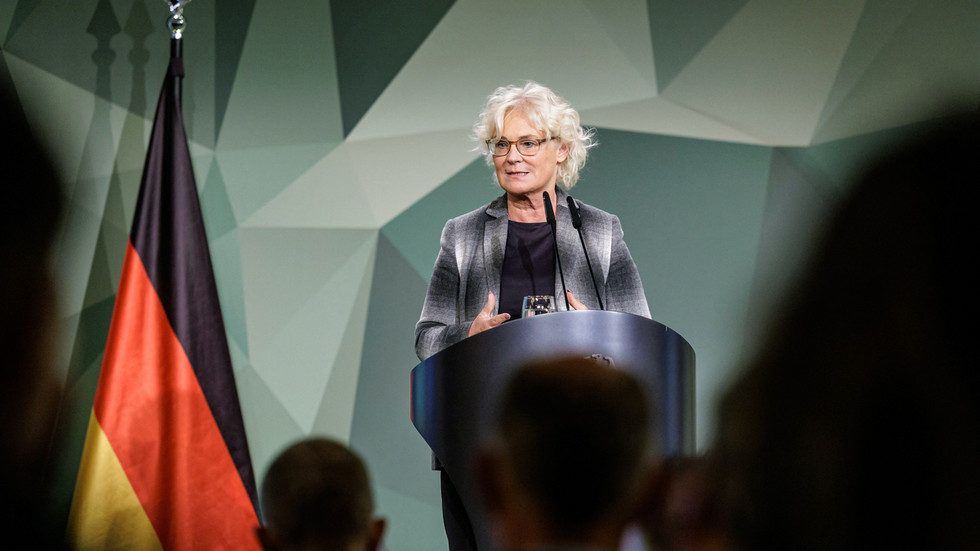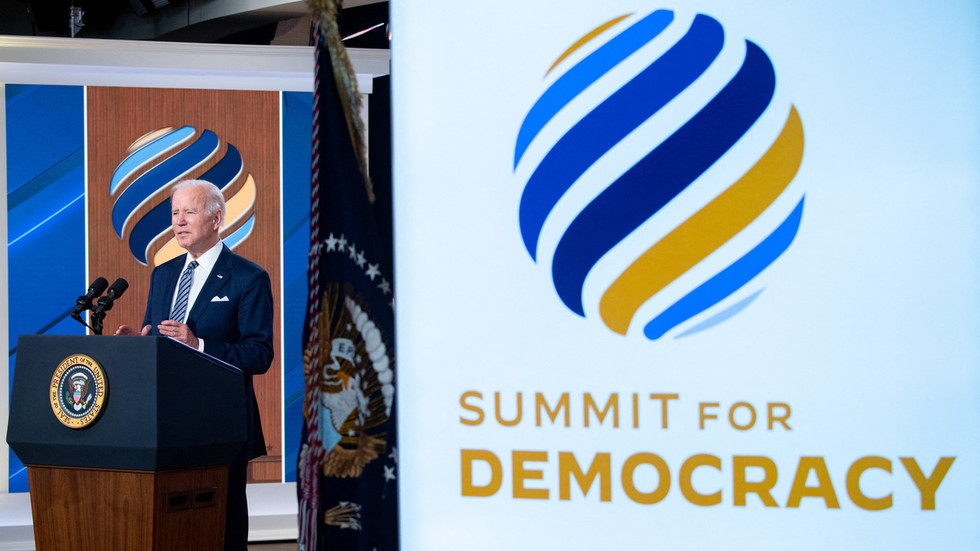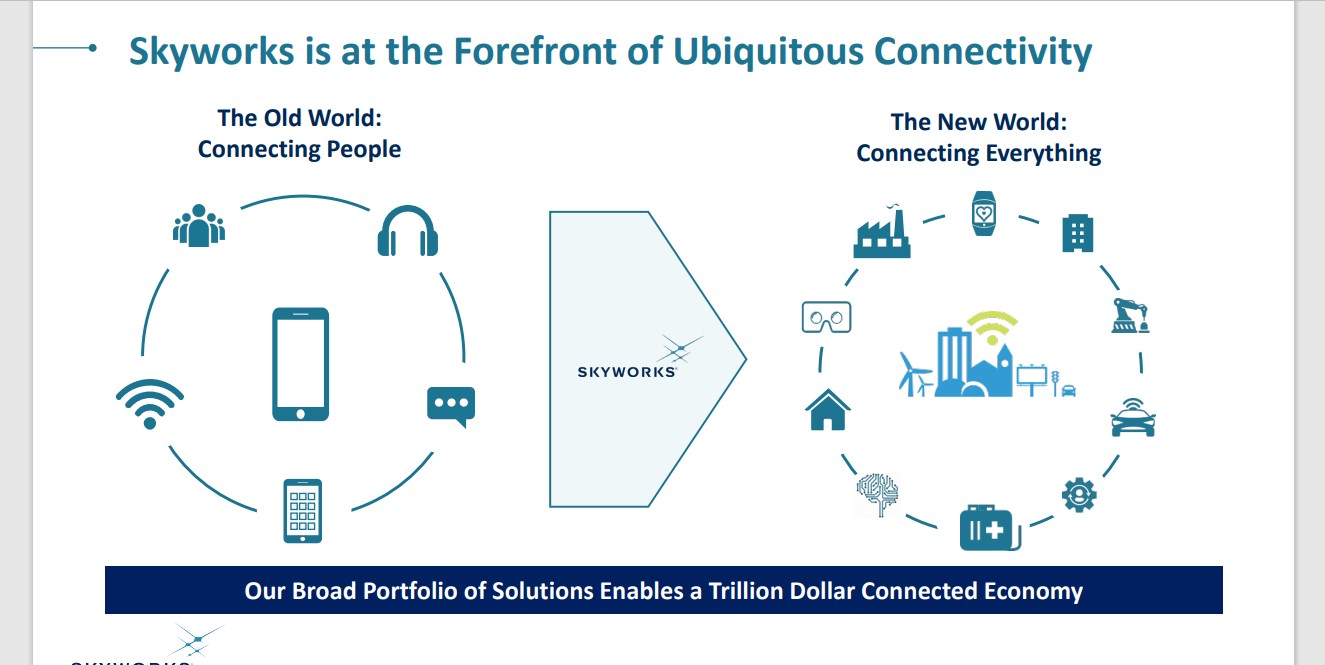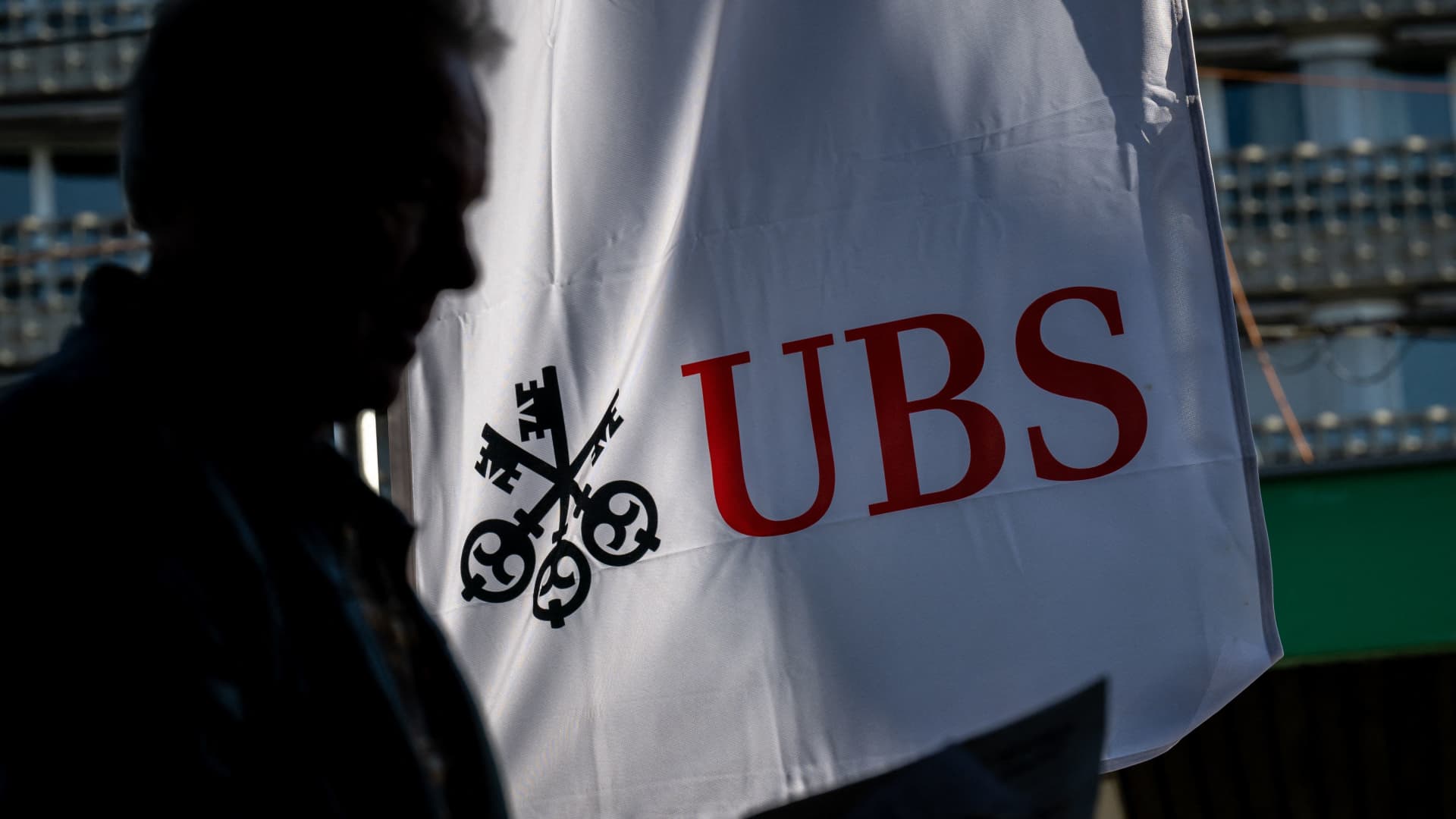China — the world’s largest bilateral creditor to low- and middle-income countries — is yet to come on board for a common understanding on debt resolution for such nations, said sources in the know about discussions at the third meeting of G20 Finance Ministers and Central Bank Governors (FMCBG) here.
The debt crisis, a priority area for India in G20 discussions, has been aggravated following the Covid pandemic, and talks have taken place between the World Bank, the IMF, and China, as well as private lenders. The sources said some G20 nations are not keen on a one-size-fits-all thumb rule to restructure debt of vulnerable countries.
India’s G20 presidency is also pushing the envelope on digital public infrastructure and it is holding talks with Indonesia for linking their fast payments systems to allow real-time trading in local currencies, the sources said. If this happens, Indonesia would become the fourth country, after Singapore, France, and the UAE, to be linked with India’s UPI system.
Finance Minister Nirmala Sitharaman, who is in the city for a score of G20 events, underlined the need for embracing innovative strategies to attract private investment, bridge financing gaps and foster sustainable development of infrastructure in cities. Addressing the G20 Infrastructure Investment Dialogue on Sunday, she said the situation with regard to financing infrastructure has become even more challenging in the wake of monetary policy tightening in key markets.
Against this backdrop, she said: “Innovative financing and funding mechanisms for cities could have significant potential to fill the increasing (funding) gaps… It can complement the pool of funds available for infrastructure in addition to public investment and financing provided by Multilateral Development Banks (MDBs).”
India’s G20 presidency is also pushing for reforming MDBs to make them financially more prudent.
Sources in the know of discussions during the FMCBG meeting said a synthesis note on cryptocurrency by the International Monetary Fund (IMF) and the Financial Stability Board (FSB), along with a note from the G20 Presidency, would be put together before the G20 Leaders’ Summit to be held in New Delhi in September.
The second was on the issue of the global tax deal, Canada is not in agreement with the two-pillar framework and wants to levy its own digital tax from January 2024 onwards, according to the sources.
On the issue of cryptocurrency, India’s G20 presidency will put together a summary of various works being done by different institutions and this will be shared as input to the synthesis note. India is expecting some outcome in the form of a road map for the future.
The idea behind an independent expert group’s report about evolving MDBs, the sources said, is to look at the larger picture and make global institutions ready for the 21st century, especially after the Covid crises.
The current G20 discussions about Russia-Ukraine have not affectied progress on other agenda items, they said, adding that India wants to stick to the Bali language for chair summary in the finance track.
India also held bilateral talks with Indonesia and Canada on Sunday, ahead of the FMCBG meeting.
Finance Minister Nirmala Sitharaman said areas of cooperation with Indonesia — India largest trading partner in the Asean region — include bilateral investment, financial services, and infrastructure development. “India has developed expertise in digital public infrastructure. It can provide time-tested solutions for convenient and affordable digital payments, which can assist Indonesia in achieving its financial inclusion goals,” Sitharaman said, while launching the India-Indonesia Economic and Financial Dialogue on the sidelines of the FMCBG meeting.
Later in the day, addressing a ‘G20 High-Level Tax Symposium on Combating Tax Evasion, Corruption and Money Laundering’, the finance minister made a case for further strengthening of global architecture to combat financial crimes, money laundering and sharing of information about different asset classes, including cryptocurrencies.
During the day, she also held a meeting with Canadian Deputy Prime Minister Chrystia Freeland and discussed the progress being made on ongoing bilateral trade negotiations. Freeland, who is also the finance minister of Canada, said Canadian Pension Funds would be keen to explore investing in Indian Infrastructure Funds as India offers a stable investment climate.




